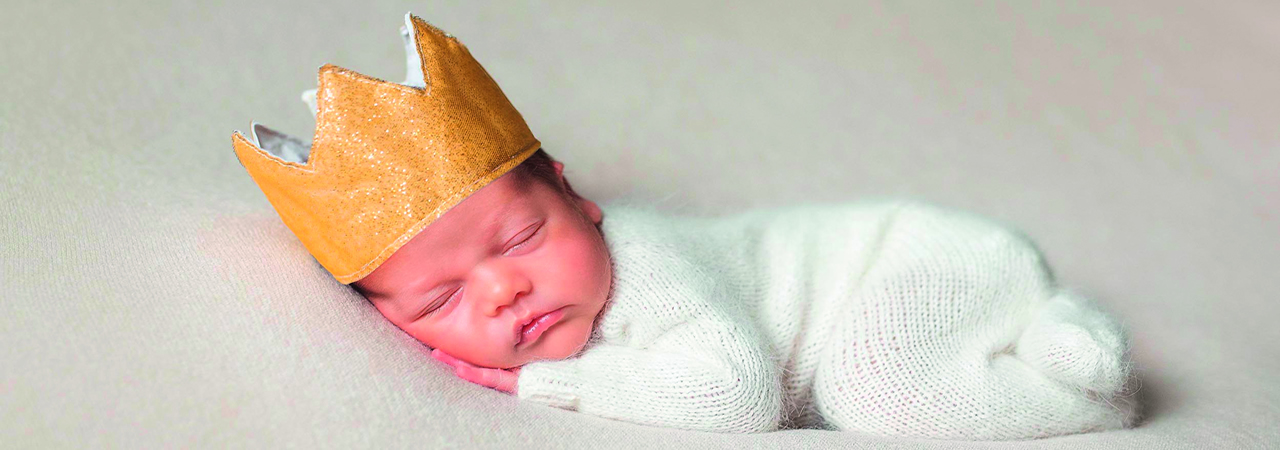Qeren in the Book of Samuel – Part 3
The Messiah will be humbled and exalted.
In the previous article of this series, we discussed Abraham’s sacrifice of Isaac. This is the first time the term qeren appears in the Bible. The story prophetically points to the Messiah giving His life for the salvation of many. Instead of his son Isaac, Abraham sacrificed a ram whose horns had gotten caught in a bush. This is when the word qeren is used: the very part of the ram that gives it strength and majestic appearance (its horns) caused it to get stuck, making it easy prey for Abraham. And our Lord Jesus Christ had a crown of thorns placed on His head—the very spot that was intended for His coronation as King of kings.
In this third article, we’ll be examining two passages where the word qeren appears in 1 and 2 Samuel. If we consider the two as a single book, the two texts are found at the beginning and near the end of the book. In this part of the Bible too, qeren has a prophetic meaning: it tells us something important about the life of Christ—His death and resurrection, each in its turn.
The book of Samuel begins with the story of Elkanah and his two wives, Hannah and Peninnah. Hannah, whom Elkanah dearly loves, has no children because God has made her infertile. As a result, she is offended by Peninnah’s fertility and jealous of her children. Every year their family goes to the house of God in Shiloh to offer sacrifices. It would have been a holiday for all of them, but also a time of suffering for Hannah. We read how one day, “deeply distressed,” she prayed to God and wept bitterly (1 Sam 1:10). As she was praying, she vowed to God that if He granted her a son, that son would be consecrated to Him for life.
God answered Hannah’s prayer, and she gave birth to a son. She named him Samuel. First Samuel 2 records Hannah’s prayer of thanksgiving, in which she praises and glorifies God because He has answered her prayer. In the first verse, she says, “My heart exults in the Lord; my horn is exalted in the LORD.” In Hannah’s prayer, “horn” (qeren) is symbolic of strength. She’s saying that God renewed her strength when she was without hope. But this isn’t the only place where qeren appears in her prayer. At the end in verse 10, she declares that God will “give strength to his king and exalt the horn of his anointed.” In other words, God will do for His Anointed One (in Hebrew, this means the Messiah) what He did for Hannah: He will give Him strength and lift Him up from deep lowliness.
As mentioned earlier, qeren also appears at the end of 2 Samuel. In 2 Samuel chapter 22, we find David’s song of thanksgiving, which he wrote “when the Lord delivered him from the hand of all his enemies, and from the hand of Saul” (v. 1). In the third verse, David sings praises to God for His protection: “…God, my rock, in whom I take refuge, my shield, and the horn of my salvation.”
Both David and Hannah thank God for saving them from their enemies. But there is another parallel: Hannah’s prayer and David’s song of thanksgiving both end with a reference to the Messiah. Hannah speaks of “the horn of his anointed”; David sings in 2 Samuel 22:51 that God brings “Great salvation … to his king, and shows steadfast love to his anointed, to David and his offspring forever.” Once again, in Hebrew the “anointed” refers to the Messiah.
Both Hannah and David were able to testify that their enemies had brought them close to death. But they cried out to God in their distress, and He saved them and brought them to safety. What Hannah and David experienced are illustrations of what the Messiah had to go through. He too had to go all the way down, into the Valley of Death. From there He cried out to God, who rescued Him by raising Him from the dead.
News from Israel - 02/2023


